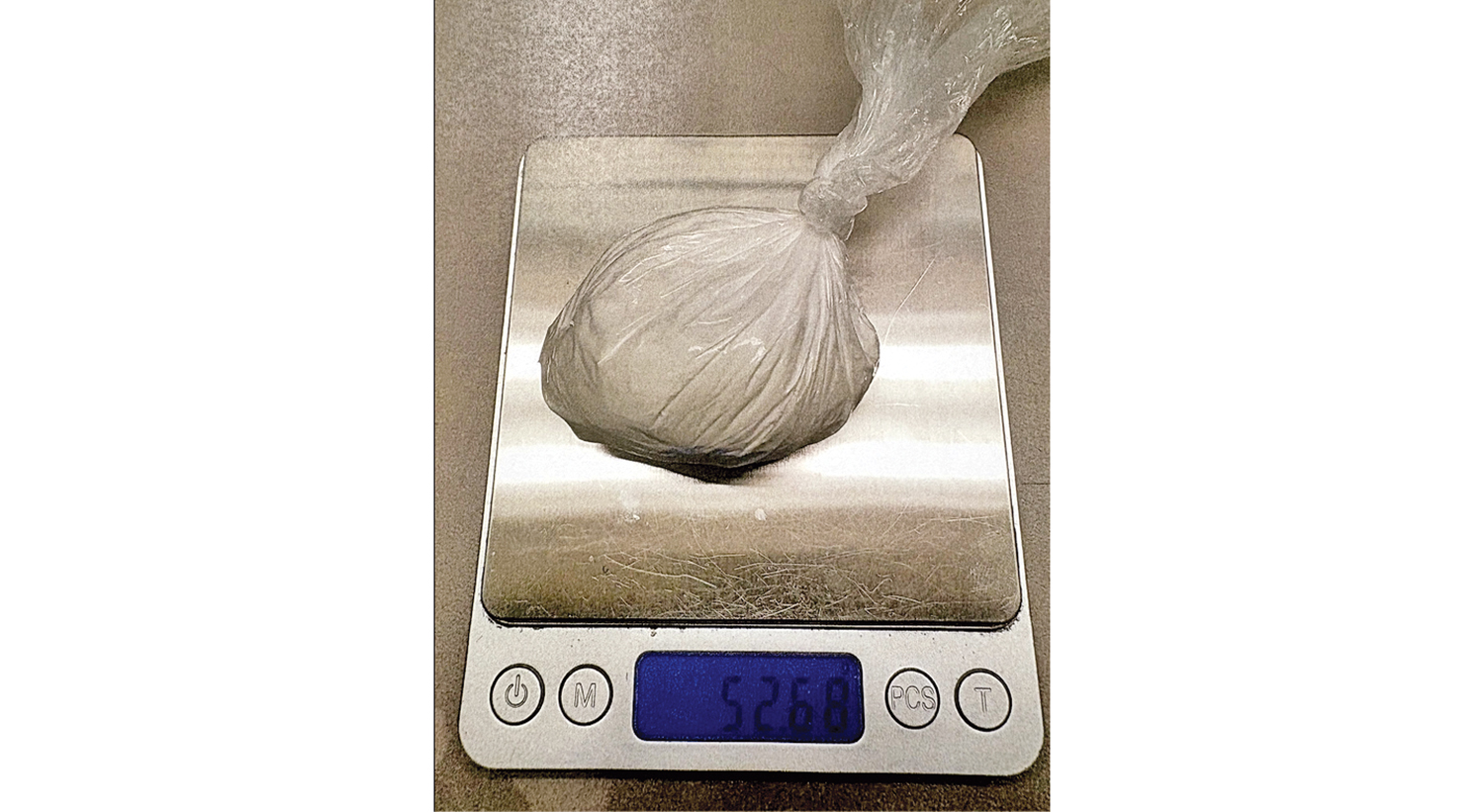Opioid funding in budget
Published 12:02 pm Tuesday, May 2, 2017
Agreement would fund treatment, miner’s benefits
As the U.S. Senate seems set to reach an agreement on a $1 trillion budget that will fund the federal government through September, Rob Portman, R-Ohio, has announced that the agreement will include funding for opiate abuse programs, including the Comprehensive Addiction and Recovery Act (CARA) and CURES Act.
While CARA focuses purely on addiction and recovery treatment programs, CURES focuses on funding a variety of health research initiatives, including mental health issues and opiate abuse.
“This is good news for Ohio,” Portman said in a release, “and will help our efforts to combat the heroin and prescription drug epidemic gripping our state. “Over the last year,” he continued, “I have worked hard to address this crisis by passing my CARA legislation and helping to pass CURES, and I am pleased that we are providing additional resources that will help save lives.”
Portman also reiterated his commitment to helping solve the drug crisis in Ohio.
“In order to reverse the tide of addiction,” he said, “I will continue to do my part at the federal level to work with the new administration and make the federal government a better partner to those who are on the frontlines of this epidemic and need our help.”
The proposed budget would also spare arts agencies that President Donald Trump had proposed eliminating. The Corporation for Public Broadcasting would maintain their $445 million in funding that helps support local PBS and NPR stations. The National Endowment for the Arts and National Endowment for the Humanities would have their funding increased from $148 million to $150 million each.
Funding for health benefits for retired coal miners that were set to expire this month would also be made permanent under the new spending plan. The cost for the health benefits is expected to be around $1.3 billion over the next decade, according to U.S. Sen. Joe Manchin, D-West Virginia.
“It’s been a long time, over three years, we’ve worked on this, getting a permanent fix for all of our miners that have been left behind,” Manchin told reporters on Monday. “This is all miners who have been retired, and their widows who’ve been worried about whether they’d have health care or not.”





